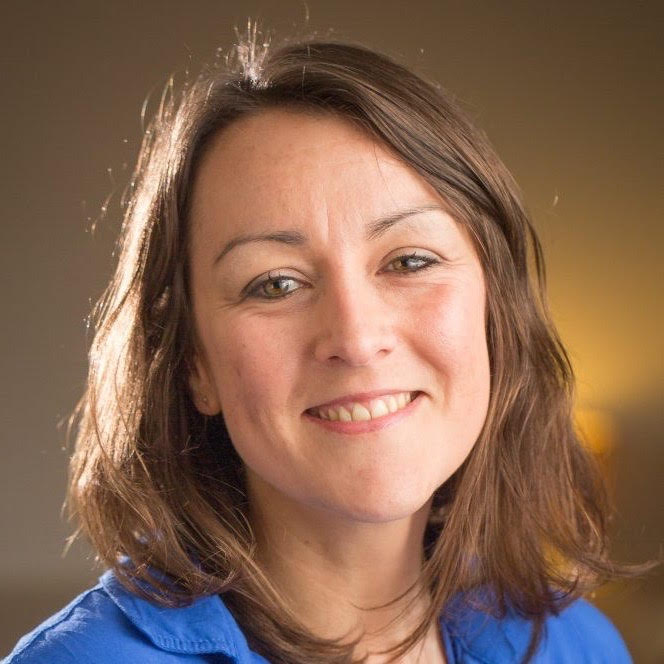Coleen Suckling
Research
Are microplastics a vector for organic pollutants and disease in marine food webs?
Establishing the spatial and temporal distribution of microplastics within Narragansett Bay
Expanding Green Sea Urchin Production by Removing Key Aquaculture Challenges
Mapping plastic from shoreline to seafloor: Narragansett Bay
Multiple anthropogenic stressors on oyster performance
Systematic assessment of plastic waste in freshwater systems within Rhode Island

Assistant Professor in Fisheries, Animal and Veterinary Science
Suckling is an eco-physiologist interested in seeing how organisms respond to differing environmental settings. For more than 15 years, she has undertaken multi-stressor experiments on a variety of species (spanning across echinoderms, crustaceans, mollusks, fish), and has built a microplastics sampling program in the last four years. Suckling’s current research studies marine animals that are impacted by the emergence of microplastics in their environments, and as a result what role microplastics play in climate change. Her goal is to help sustain future marine based food supplies whilst ensuring economic & environmental sustainability. The work she conducts is highly multi-disciplinary – working across both industry and academia within the fields of aquaculture, climate change and plastic pollution as well as work with stakeholders such as growers, decision making organizations and NGOs.
Research
Are microplastics a vector for organic pollutants and disease in marine food webs?
Establishing the spatial and temporal distribution of microplastics within Narragansett Bay
Expanding Green Sea Urchin Production by Removing Key Aquaculture Challenges
Mapping plastic from shoreline to seafloor: Narragansett Bay
Multiple anthropogenic stressors on oyster performance
Systematic assessment of plastic waste in freshwater systems within Rhode Island
Links
Header image credit: Jasmin Sessler

